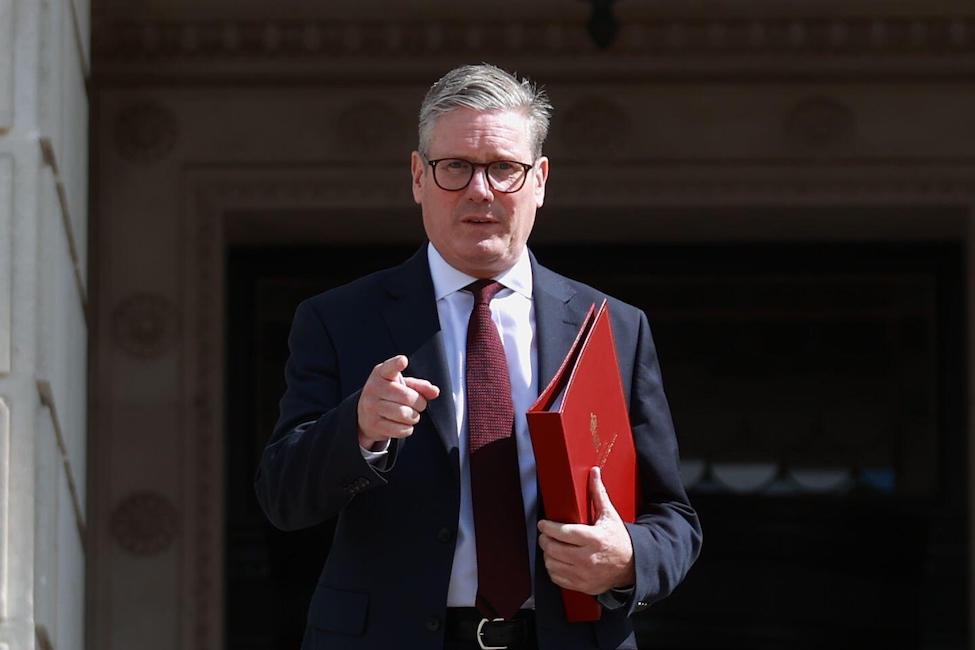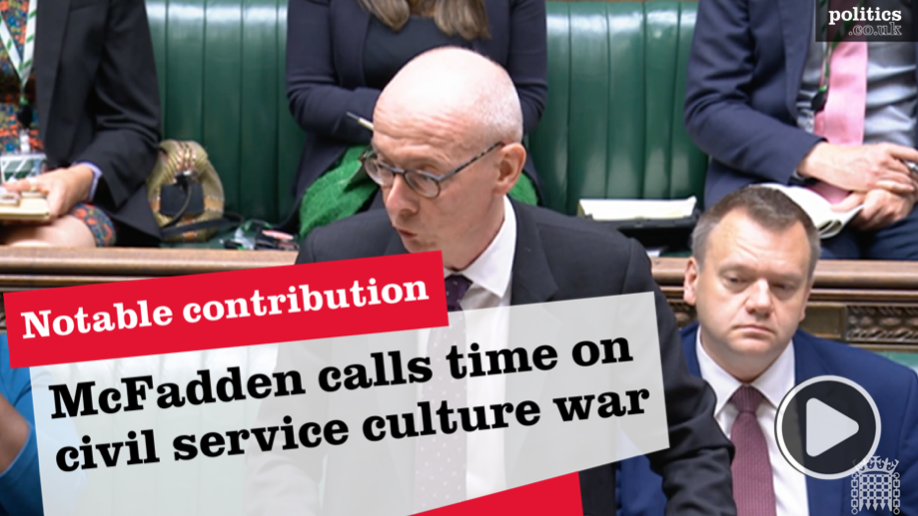Energy crisis briefing
New PM can tackle energy and climate crises with cheap renewables, insulation and a bill freeze funded by fossil fuel profit tax
- New PM should bring in tax on fossil fuel firms’ profits to help fund energy bill freeze
- Renewables and home insulation cheapest and quickest way to reduce bills
- Cut “red tape” blocking solar and wind, and bring in tougher rules to protect rivers and seas
- 2019 Conservative manifesto pledges on climate and environment leave no mandate for roll-back
Liz Truss has just taken over the reins of a country rocked by multiple crises. How she deals with them will define her premiership and our quality of life for years to come. Our broken, gas-dependent energy market may be about to plunge millions of UK people into a winter of cold and hunger, and health experts have warned of a humanitarian crisis unless the government acts. This comes hot on the heels of a summer that has seen record-breaking heatwaves scorching the UK and Europe’s worst drought in 500 years.
Our dependence on fossil fuels is behind both crises – tackling it is the quickest and most effective solution. It’s clear to everyone that our energy market has failed us. It was supposed to keep us warm, instead it’s making us poorer and fossil fuel giants richer. UK gas producers and energy firms are on track to make £170 billion in excess profits over the next two years. The new PM should freeze energy bills and get oil and gas companies to pay for it through a proper tax on their bloated profits. These billions were made at huge cost to UK households and the climate – it would only be fair for the government to use to fund support for cash-strapped households now and a major home insulation programme later.
The solutions to the energy bill and climate crises are the same. New renewables are now nine times cheaper than gas and home insulation could cut bills in half, saving in five years the equivalent of the entire output from new gas fields. These solutions are faster, cheaper and generally more popular than nuclear, fracking and new gas from the North Sea. Kwasi Kwarteng himself, now tipped to be the new PM’s Chancellor, admitted that new oil and gas will not “materially affect the wholesale price” of gas.
Cutting red tape has been the Liz Truss mantra for many years, yet she’s come out in favour of blocking onshore wind and large-scale solar farms, both among the cheapest energy sources in the UK.
One of the leading promises that this Conservative government was elected on in its manifesto was one that committed it to reaching net-zero, alongside “leading a new green industrial revolution”, “supporting the creation of new kinds of homes that have low energy bills” and rolling out the “most ambitious environmental programme of any country on earth”. There’s no mandate and no public support to roll back on these commitments.
Bolder climate action is the only way forward.
This is why we’re calling on the new prime minister to:
1. Freeze energy bills and tax fossil fuel profits
Energy Bills
- The windfall tax brought in by the Boris Johnson government is expected to raise just £5bn this year, against fossil fuel and energy firms’ estimated profits of £170bn over the next two years. By removing loopholes and increasing the tax rate, the new PM could raise billions of pounds to help fund an energy bill freeze, extra support for the poorest households, and a nationwide home insulation programme to free the country from the volatility of gas markets once and for all.
- The government should avoid a short-lived energy bill freeze which will ultimately be funded by increasing people’s energy bills later on. A long-term tax on fossil fuel profits would ensure a funding stream to keep bills low for longer while also potentially providing money to insulate homes and tackle the root of the problem once and for all.
Home insulation
- Roll out £7bn funding for the rest of this Parliament, with an urgent frontloading, to kick-start a national insulation programme for every home, beginning with those hardest-hit by the crisis. This programme should boost the scaling up of heat pump installations to allow homes to get off gas for good.
- The government should amend the Energy Bill to make sure we have tangible delivery targets for improving the energy performance of the homes worst affected by high energy prices [1]. All new homes should be built to high energy standards, have heat pumps and solar panels.
2. Remove barriers to cheapest energy sources, stop prioritising fossil fuels
Renewables
- The only electricity supply option that can be deployed rapidly to get us off gas is renewables. The head of the energy utilities’ trade association has labelled them ‘the way out of the crisis’. To reduce our dependence on expensive gas, the government should commit to more than triple the amount of wind and solar by 2030, ensuring it is located in harmony with nature, and a commitment in law to a 95% zero carbon power sector by 2030.
- New wind and solar are now nine times cheaper than gas power. They also enjoy strong public support, with 87% of the public backing solar and 78% onshore wind, according to government figures.
- The government must remove barriers to renewables, such as planning hurdles and constraints on contracts for difference, while easing restrictions on local sales of electricity and local ownership of renewable generation.
- Government must unshackle the cost of renewables from the price of gas: starting with existing RO and nuclear generators getting lower cost contracts as proposed by UKERC
Fossil fuels
- No help with bills. As stated by Business Secretary Kwasi Kwarteng: “Additional North Sea production won’t materially affect the wholesale price” because oil and gas isn’t nationalised but is sold on the international market.
- Slow to get going. Fossil fuels take, on average, 28 years to start extraction according to the North Sea Transition Authority.
- Fuel the climate crisis: Temperatures reaching 40C, droughts spoiling food crops, disruptive flooding, and storms causing power cuts all bring our economy to a halt. We’re currently seeing deadly flooding in Pakistan and the climate crisis causes huge waves of migration as people lose their homes and livelihoods.
- Fracking: As the government correctly stated: “Fracking causes earthquakes, is hated by local communities, would take 5-10 years to kick-start, and won’t even lower the price. We need to get real: Lancashire isn’t Texas, any shale gas we do find won’t lower the European price, and Cuadrilla aren’t going to sell their gas below market rate, are they?”
Nuclear
- Slow: EDF estimate that, if things go well, Sizewell C will be generating by 2034, taking a further 6 years to be carbon neutral.
- Expensive for consumers: Construction of this reactor type has gone massively over budget whenever they’ve tried to build it in Europe, and isn’t operating as advertised anywhere. The funding model for Sizewell C was tried in the USA, and households are still paying for a reactor that was never built as the company went bust.










